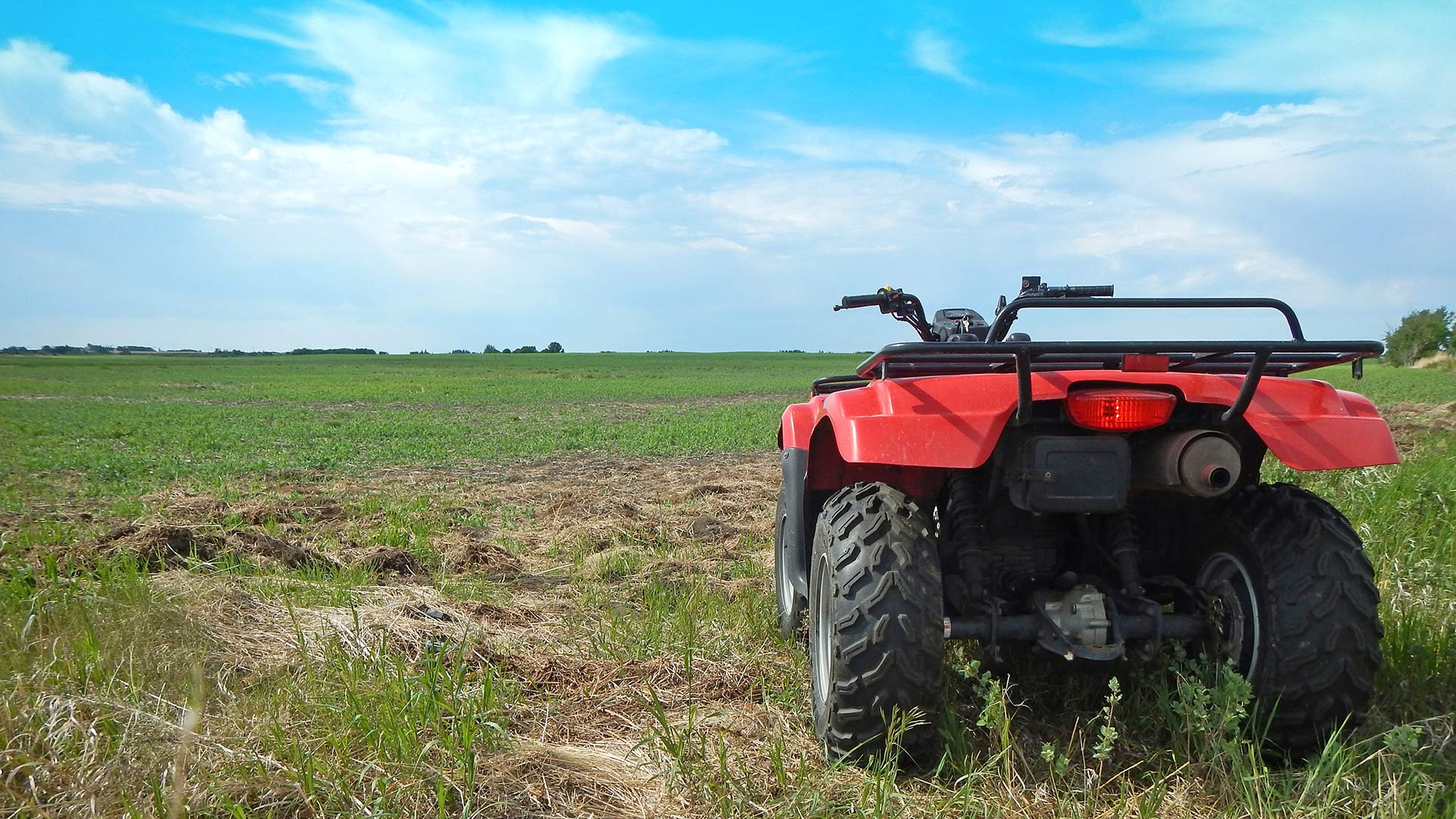
In preparation for the summer months, the Detroit Police Department (DPD) recently announced that they will be cracking down on the illegal use of all-terrain vehicles (ATVs) by rewarding those who send in tips to catch violators.
“When you ride illegal ATVs in Detroit, be prepared to say bye-bye! We confiscated this all-terrain vehicle in the Greektown area Sunday evening,” the department wrote on Twitter.
According to police, officers confiscated an ATV in downtown Detroit after police received a tip from the public.
The rewards program is in full swing and seems to be working after it was launched last month, with $250 offered for tips that result in the confiscation of an illegally-used ATV.
ATVs, which are not permitted on roads, streets or highways in Wayne County, have been encountered more frequently by police in recent years despite the legislative ban from the Detroit City Council.
While several counties in northern Michigan authorize ATV use on their roads, Wayne County does not.
Michigan law states that individuals must be at least 10 years old to operate a four-wheel off-road vehicle, and must be on private land or are performing farm work.
If the driver is under the age of 16, they must be certified and supervised.
Three-wheelers are off limits to those younger than 16.
Experts say that ATVs, which are meant for dirt roads, can be dangerous — especially for children.
The American Academy of Pediatrics said children are involved in 30% of all ATV-related deaths and emergency-room injuries.
As a result, DPD has ramped up efforts to confiscate the all-terrain vehicles, seizing 30 in a bust last year. So far, the department has not released data on the number of vehicles confiscated this year.
The rewards program is part of the latest efforts by police to crack down on ATVs, which they hope will also deter summer crime.
In addition to the ATV crackdown, Detroit Police Chief James White announced a 12-point crowd control plan to curb gun violence following several deadly shootings in the downtown area last month.
Part of the plan includes deploying “Casper Units” — undercover officers who hide in crowds and keep a watch on conflicts that could escalate to violence.
Other points in the plan include closing some streets, enforcing noise, open-alcohol and curfew ordinances, and increasing deployment by adding officers on rooftops and helicopter patrols to allow for a bird’s eye view of hot spots.
In addition, the chief said the department will reinstate their Eagle Eye Hotline program, which features a real-time crime center that interfaces with businesses and surveillance cameras for information sharing.
“The businesses can communicate with us what’s happening inside those businesses, so we can get there and engage people earlier,” he said.
White also said the department will increase patrols in the downtown area.
“The majority of the people who come downtown aren’t a problem,” White said in a press conference. “But we’re not here to talk about a plan for them. We’re talking about the people who decide to throw their lives away because they bumped into somebody, or because someone threw a drink in their face.”
Melanie Markowicz, director of the Greektown Neighborhood Partnership, said the organization is working with the city council and the police department on the new crowd control strategy.
“We have met with Chief White, the Detroit Police Department and City Council President Mary Sheffield. We fully support our safety partners and the 12-point plan and their downtown crowd control strategy. This strategy will be implemented immediately,” Markowicz said in a statement.
Police said they will continue to enforce the curfew for minors from 10 p.m. to 6 a.m. for those aged 15 and younger, and from 11 p.m. to 6 a.m. for individuals aged 16 or 17.





